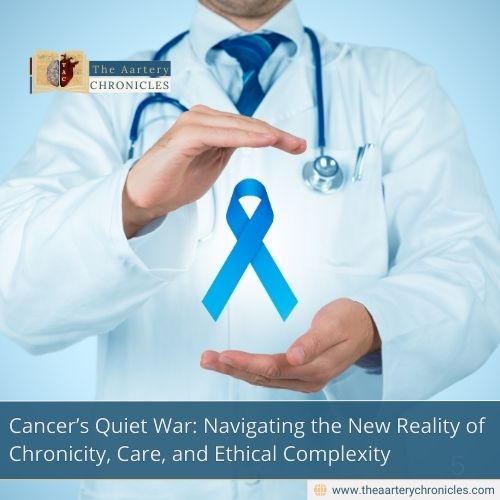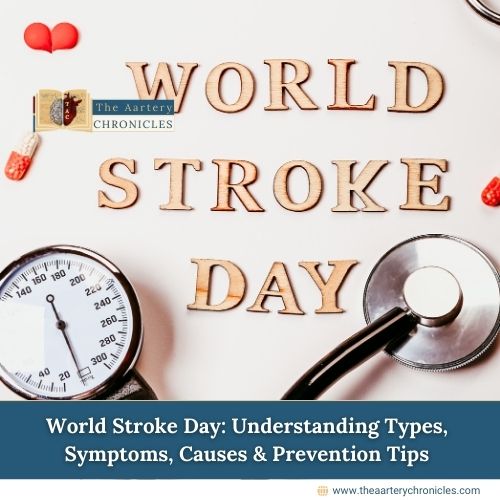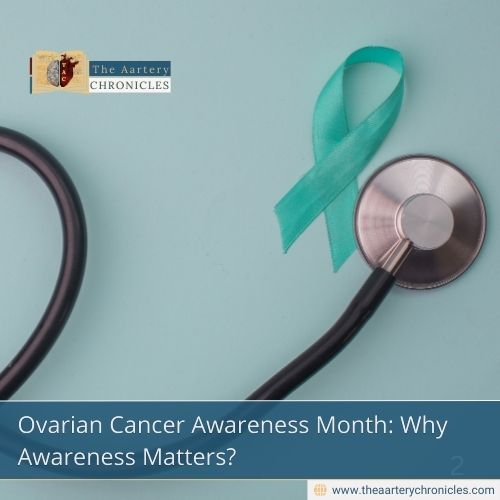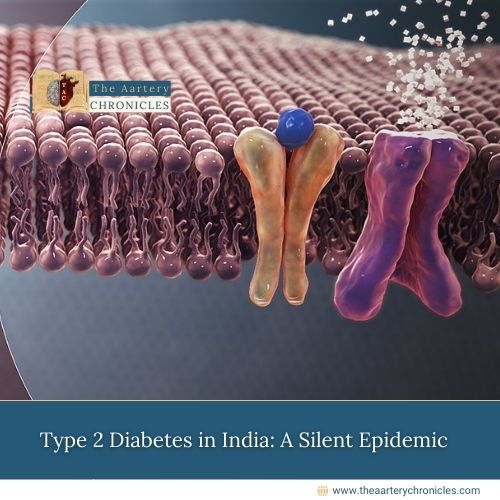

Cancer’s Quiet War: Navigating the New Reality of Chronicity, Care, and Ethical Complexity
Summary
This article traces cancer’s journey from being a universally fatal disease to a chronic condition, discussing the complex ethical choices between aggressive and conservative treatment and the tension between extending life versus ensuring its quality. The medical revolution has transformed cancer treatment into a philosophical and social challenge, calling for a comprehensive approach that honours dignity, human connection, and autonomy.
Once portrayed in shadows and silence as life’s quick end, cancer now dwells in the chronic space, constant, intimate, usually survivable yet seldom conquered. Science clearly has an impact on this change. But as diagnosis and treatment advance, so does the significance of life with cancer, which presents major ethical problems and changes perspectives well outside the hospital.
From Deadly to Chronic: Changing Narrative
A cancer diagnosis used to cause fear and loneliness; it was usually thought of as terminal, which led to a quick decline and little chance of recovery. Survival sometimes meant reflecting on a tiresome fight ending in loss. However, the dawn of early diagnosis, individualized medicine, and focused treatment changed this view; chronic care now replaces the need for any cure.
Important malignancies, including breast, prostate, and some leukemias, are now treated for years or even decades. Survivors are not statistical anomalies anymore; in the U.S., as of 2021, over 18 million cancer survivors live active, meaningful lives. Once a disruptive force, cancer now becomes a companion that shapes routines and refocuses priorities, sometimes gently but constantly interwoven into identity and relationships. Still, long-term survival brings the burden of living under constant uncertainty like a “Sword of Damocles” always hanging. Studies show that long-term survivors frequently experience anxiety, sadness, and existential uncertainty, trying to match the extension of life with the constraints placed by illness; hence, the psychological load is considerable.
Ethical Problems in Therapy
Aggressive Treatment: What Price?
The arsenal against cancer has grown powerful: high-dose chemotherapies, immunotherapies, and extreme surgeries provide the alluring hope of remission. The urge to treat fiercely comes from institutional momentum as well as a profound human reluctance to give up. Still, the price can be high: bodily discomfort, less independence, and side effects on the body and mind.
Patients and doctors struggle with difficult choices: every treatment has a risk of side effects that could degrade functional independence or life’s everyday pleasures. Is the small chance of extra time worth significant compromises in comfort and dignity?
Conservative Management: Acceptance and Autonomy
On the other hand, conservative approaches prioritize symptom alleviation and quality of life, particularly when treatment seems unlikely. The underlying idea here is autonomy, that is, letting patients specify the path of their own journey. Planning advance care, palliative care, and perhaps “watchful waiting” calls into question the idea that treatment is always beneficial or even significant.
This change will surely cause conflict. Families and doctors may feel guilty, as if acceptance equals neglect or failure. Still, ethical care depends on respect for the patient’s values, even if they select less invasive approaches.

Who decides the quality of life versus years of life?
Modern oncology’s biggest philosophical difficulty is striking a balance between quantity and quality. Should days really lived or months gained be used to assess life? Neither mathematical nor strictly medical is the answer. Studies show that patients frequently exaggerate their likelihood of recovery, which causes them to make decisions meant to lengthen time rather than improve it. This emphasizes the need for open, sympathetic communication on prognosis and options so that patients may make decisions grounded in their actual experiences rather than in anxiety or unrealistic hope.
Expanding Circles: Family, Society, and Philosophy
The weight carried by the family
Cancer is seldom fought alone. Family members act as unofficial carers, handling both emotional and practical loads. As they see pain and uncertainty over extended periods of time, they negotiate fresh routines, manage emotional agony, and occasionally face secondary trauma.
Policy change and social cost
Cancer’s persistent character drains resources and calls for fundamental transformation. Health care costs are soaring; in the U.S., cancer spending in 2020 exceeded $208 billion. Insurance systems need reform, workplaces need change, and community planning has to account for survival as a long-term issue rather than a transient crisis.
Reconsidering “War”, from Fighting to Peaceful Existence
For decades, the metaphor of cancer as “war” has influenced policies and clinical practice by conjuring up heroic and victory-related stories. But critics contend that regular fighting could reinforce stigma and fear, therefore isolating medicine from the daily life of chronic disease. Health philosophers urge more sophisticated analogies: acceptance, coexisting with disease, and a quest for dignity in difficulty.
By emphasizing meaning, connections, and self-discovery rather than cure, this reframing promotes pathways for development independent of cure. In a chronic environment, grace, purpose, and connection become just as important as survival as measures of success.
Conclusion
Cancer’s development from intense enemy to chronic companion calls for fresh bravery: the courage not only to battle but also to pick, change, and occasionally embrace. The lines between survivorship, suffering, and flourishing continue to blur, which leaves us with moral questions that don’t have simple answers and makes room for kinds of wisdom that go beyond what science can do.
A call for open dialogue, more robust support systems, and a philosophy that honors dignity as strongly as it honors life itself follows. Cancer’s silent battle is not won in years or cells; it is fought and occasionally won in the quality of our days and the standards we hold.
References
- “Cancer as a new chronic disease
- American Cancer Society overview
- “Quality of life versus length of life considerations in cancer patients” (PMC)
- “Delicate Balance Between Quality and Quantity of Life: Palliative Care Considerations.” Focus on pancreatic and advanced cancers.
- “Quality of Life (QoL) of cancer patients and its association with various factors”
- “Ethics of cancer care: beyond biology and medicine” (PMC)
- “[PDF] Ethical Dilemmas Faced by Oncologists: A Qualitative Study from India.”
- “Ethical and moral principles for oncology healthcare workers
- “The prevalence of chronic conditions in patients diagnosed with one of 21 cancers” (PMC): Analysis of comorbid conditions impacting cancer management.
- “Lifestyle medicine: The Burden of Chronic Disease” (ScienceDirect): Overview of the combined impact of cancer and other chronic diseases.
- Dr Yashvi Singh
- Public Health
- 10 September 2025
- 11:00
Reviewed by Dr Aarti Nehra (MBBS, MMST), & Dr Darshit Patel (MBBS)








